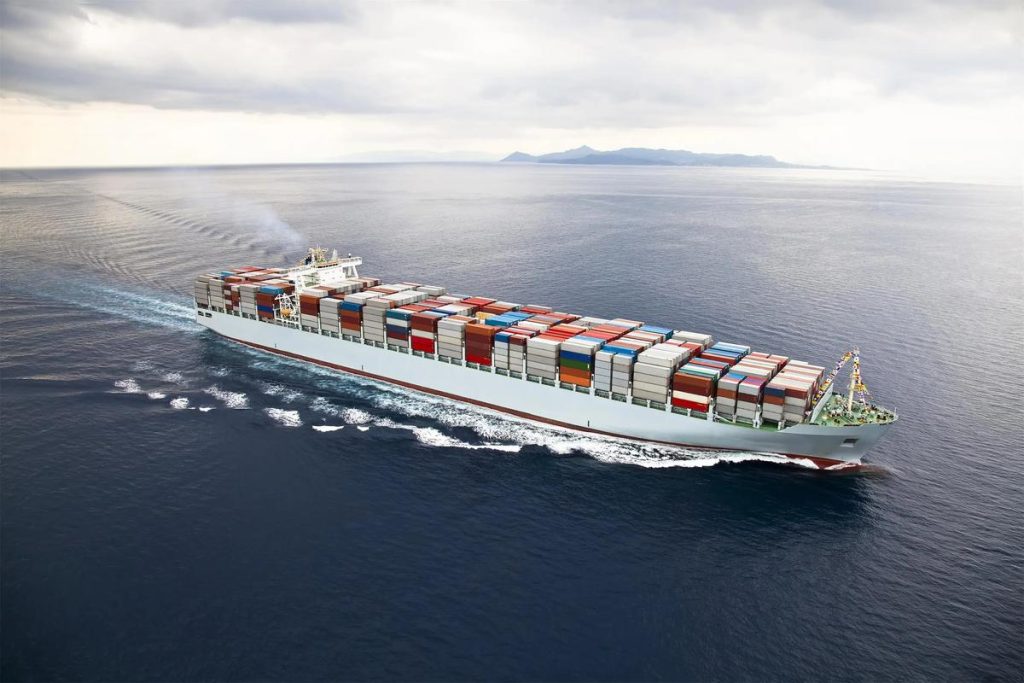
Shipping goods from China to Brazil requires navigating complex customs procedures, logistical bottlenecks, and diverse shipping routes. As Latin America’s largest economy, Brazil offers vast opportunities but presents unique challenges for importers. Whether exporting machinery, electronics, agricultural equipment, or consumer goods, partnering with a specialized freight forwarder ensures compliance, cost efficiency, and timely delivery. This guide explores key considerations, from shipping methods and customs requirements to risk mitigation strategies.
- Shipping Methods: Air, Ocean, and Multimodal Options
Brazil’s size and geographic diversity demand tailored transportation solutions:
- Air Freight:
Ideal for urgent or high-value shipments, air freight delivers goods to São Paulo’s GRU Airport (Aguia Machado) or Viracopos (Campinas) in 5–8 days. Costs are higher but offset by reduced transit times, making it suitable for perishables, pharmaceuticals, or time-sensitive cargo. - Ocean Freight:
The most common option, ocean routes typically transit via the Panama Canal to Santos (São Paulo) or Paranaguá (Paraná) ports. Transit times range from 30–45 days for full container load (FCL) or less-than-container load (LCL) shipments. Ocean freight is cost-effective for bulk goods like raw materials, textiles, or industrial equipment. - Multimodal Transport:
Combines ocean freight with road or rail networks. For example, cargo arriving at Paranaguá can move inland via Brazil’s highway system to key markets like Curitiba or Londrina. Alternatively, transcontinental rail routes (e.g., China-Brazil via Peru) are emerging but remain limited.
Pro Tip: Use air freight for seasonal goods (e.g., holiday imports) or ocean freight for non-perishable bulk shipments to optimize costs.
- Customs Compliance and Documentation
Brazil’s customs authority (Siscomex) enforces stringent regulations under Mercosur frameworks. Essential documents include:
- Commercial Invoice: Detailed item descriptions, value, and harmonized system (HS) codes.
- Bill of Lading (B/L): Issued by the carrier, specifying cargo details and consignee information.
- Import Declaration (DI): Filed electronically via Siscomex, requiring tax IDs and product classifications.
- Certificate of Origin: Confirms manufacturing country; often authenticated by a chamber of commerce.
- Phytosanitary Certificates: Required for agricultural, timber, or food products.
Additional requirements apply for regulated items like electronics (ANATEL certification), chemicals (IBAMA approval), or medical devices (ANVISA registration). A freight forwarder manages Siscomex filings, HS code classification, and duty payments to avoid penalties.
- Challenges and Solutions for Brazil Shipments
A. Port Congestion and Infrastructure
Santos and Paranaguá ports face chronic congestion, especially during harvest seasons (March–June). Delays can extend transit times by weeks. Mitigate risks by:
- Using alternative ports like Itajaí (Santa Catarina) or Rio Grande (Rio Grande do Sul).
- Partnering with forwarders who utilize bonded warehouses near ports for faster clearance. B. Regulatory Complexity
Brazil’s tax system includes multiple layers: - II (Import Duty): Average 10–20% of CIF value, varying by HS code.
- IPI (Industrialized Products Tax): 15–25% for manufactured goods.
- ICMS (State Tax): 18–25%, depending on the destination state.
A freight forwarder calculates total landed costs and leverages trade agreements (e.g., Mercosur-EU) where applicable.
C. Inland Transportation Challenges
Brazil’s road network is uneven, with infrastructure gaps in remote regions. Opt for regional logistics partners familiar with routes like BR-163 (connecting Paranaguá to Mato Grosso).
- Key Services Offered by Freight Forwarders
A professional forwarder provides end-to-end solutions for Brazil-bound shipments:
- Customs Brokerage: Manages Siscomex registrations, duty payments, and ANVISA/ANATEL certifications.
- Door-to-Door Logistics: Coordinates port pickup, inland trucking, and last-mile delivery.
- Track-and-Trace Systems: Monitors shipments via Siscomex updates and GPS.
- Risk Mitigation: Offers cargo insurance and contingency plans for port strikes or currency fluctuations.
- Cost Considerations
Shipping costs depend on cargo type, route, and services:
- Freight Forwarding Fees: Typically 5–15% of total shipment value.
- Ocean Freight Charges: Include terminal fees (THC) and fuel surcharges (Bunker Adjustment Factor).
- Duties and Taxes: Average 25–40% of CIF value, influenced by HS codes and state taxes.
- Inland Transportation: Costs range from $1,500–$5,000 for trucking from Santos to inland cities like São Paulo or Brasília.
Request a detailed quote to compare options and avoid hidden fees.
- Frequently Asked Questions
Q: How do I expedite customs clearance in Brazil?
A: Pre-register products with ANVISA/ANATEL, use AEO (Authorized Economic Operator) status, and work with a forwarder familiar with Siscomex e-filing.
Q: What’s the best port for importing goods to southern Brazil?
A: Paranaguá handles agricultural imports efficiently, while Santos is better for industrial goods.
Q: Are there restrictions on used equipment imports?
A: Yes, used machinery requires INMETRO certification and inspections. Confirm eligibility with your forwarder.
Conclusion
Shipping from China to Brazil demands expertise in Mercosur compliance, tax management, and regional infrastructure. By partnering with a freight forwarder, businesses gain access to streamlined customs clearance, cost-effective routing, and risk mitigation strategies. Whether importing consumer goods or heavy machinery, professional logistics support ensures timely, compliant deliveries to Brazil’s dynamic markets.
Optimize Your China-Brazil Supply Chain
Focus on growth while experts handle the intricacies of cross-border shipping—from Siscomex filings to last-mile delivery. A trusted freight forwarder bridges the gap between global trade and South American compliance.
